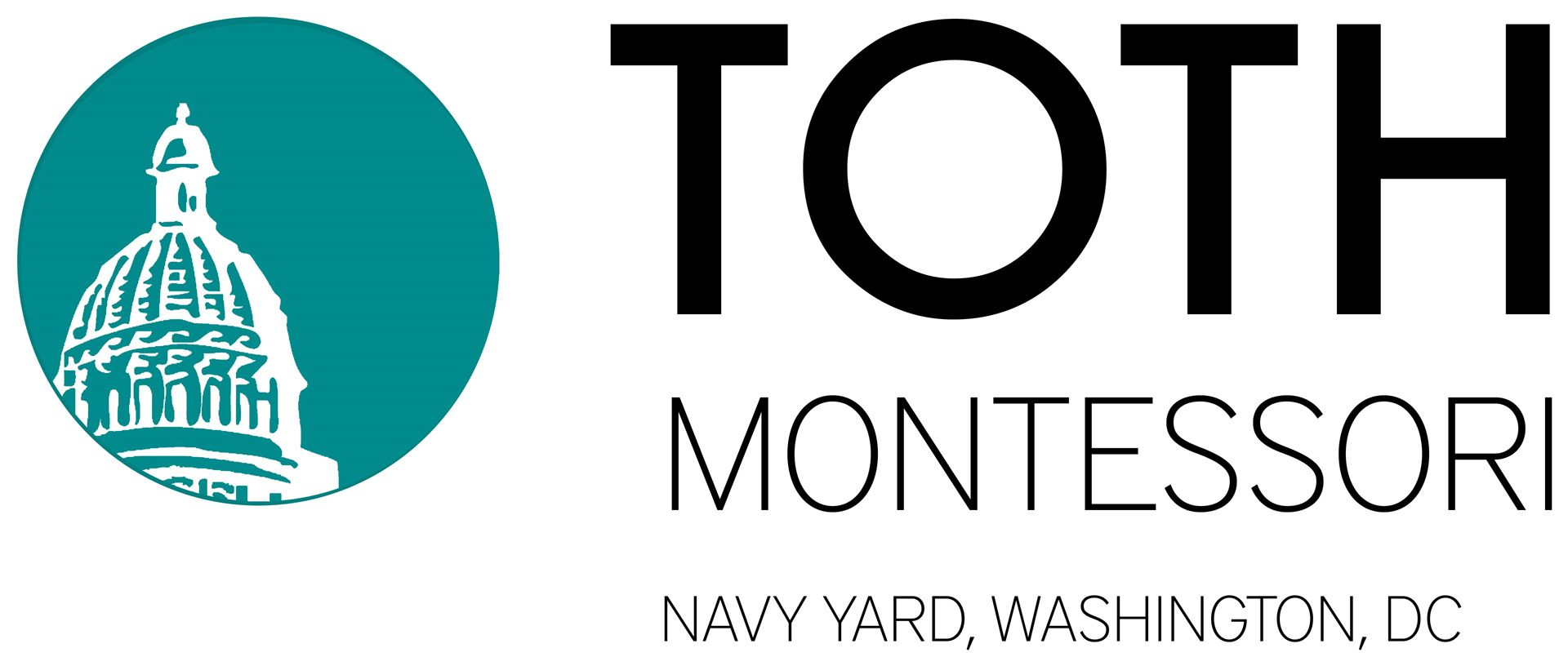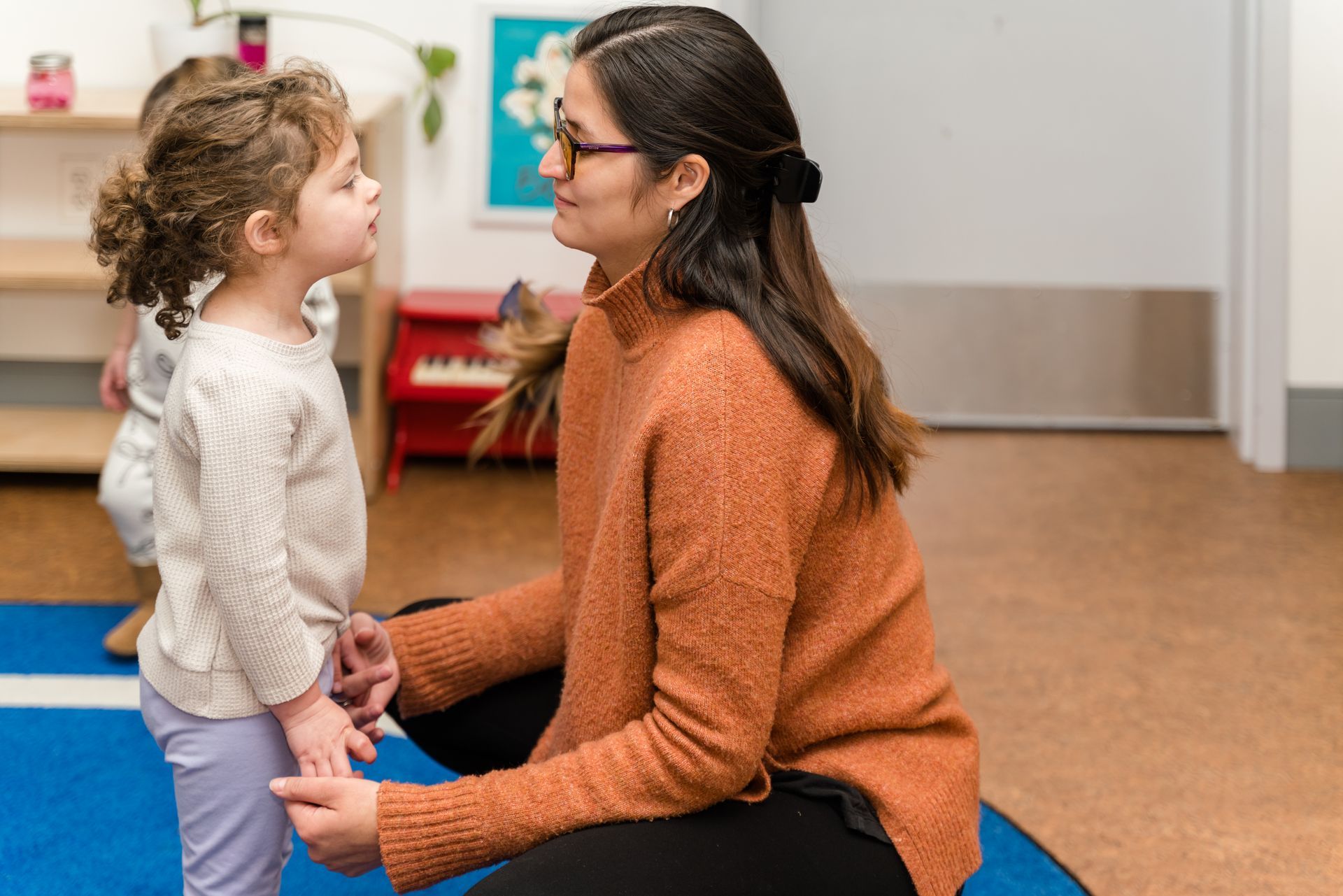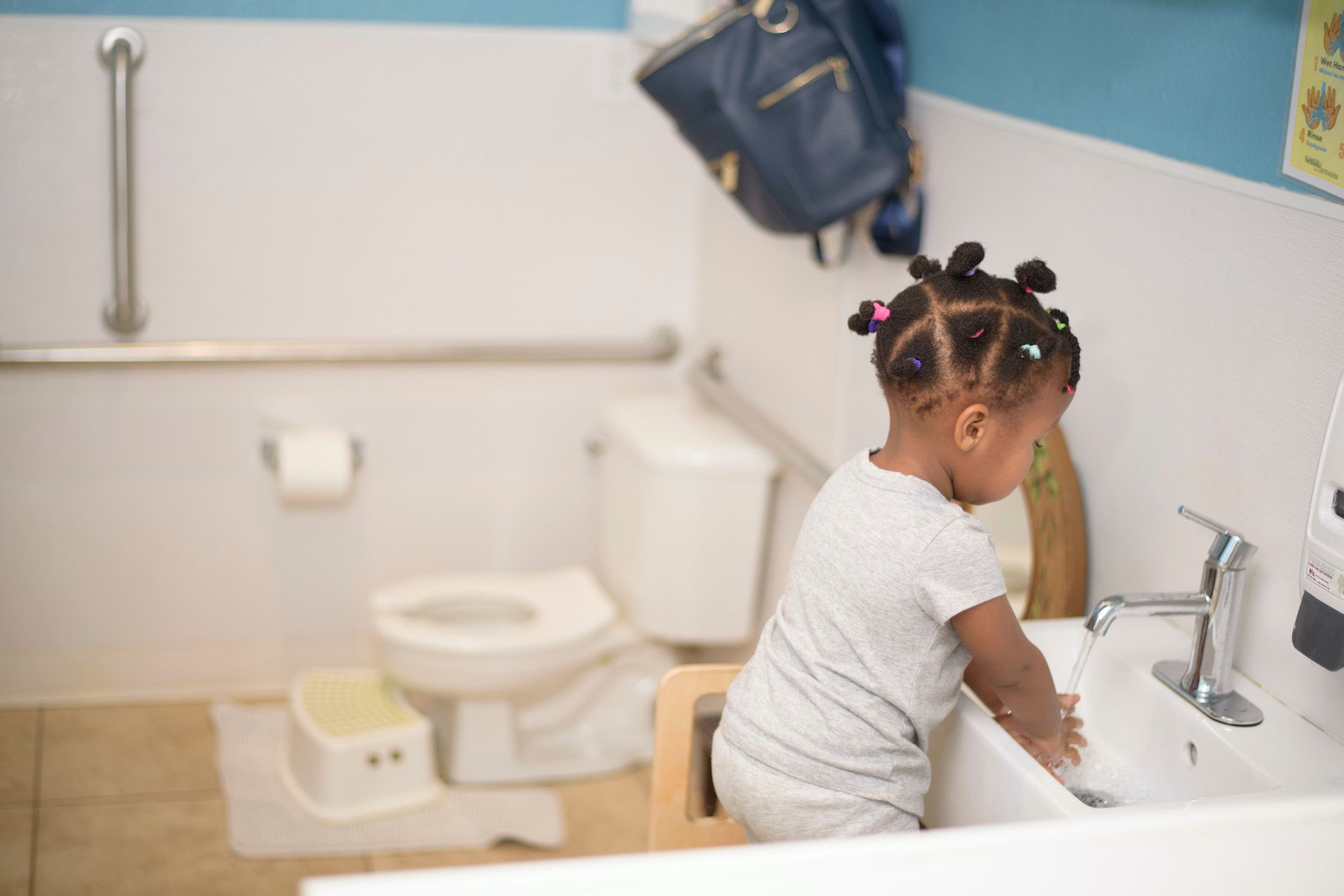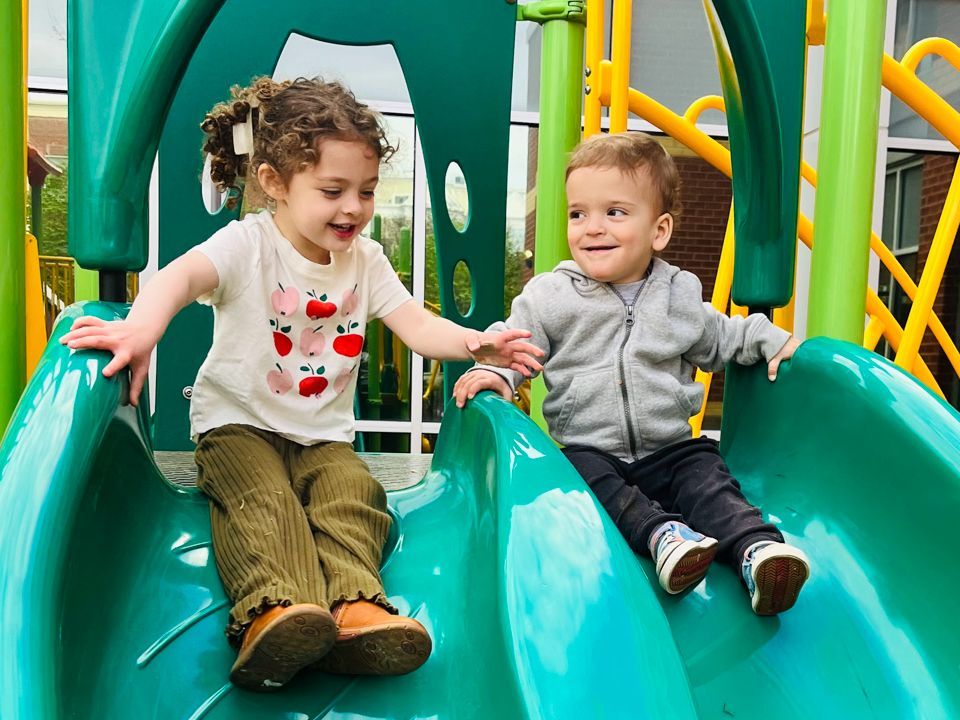Trust the Process: Montessori as an Intentional Approach
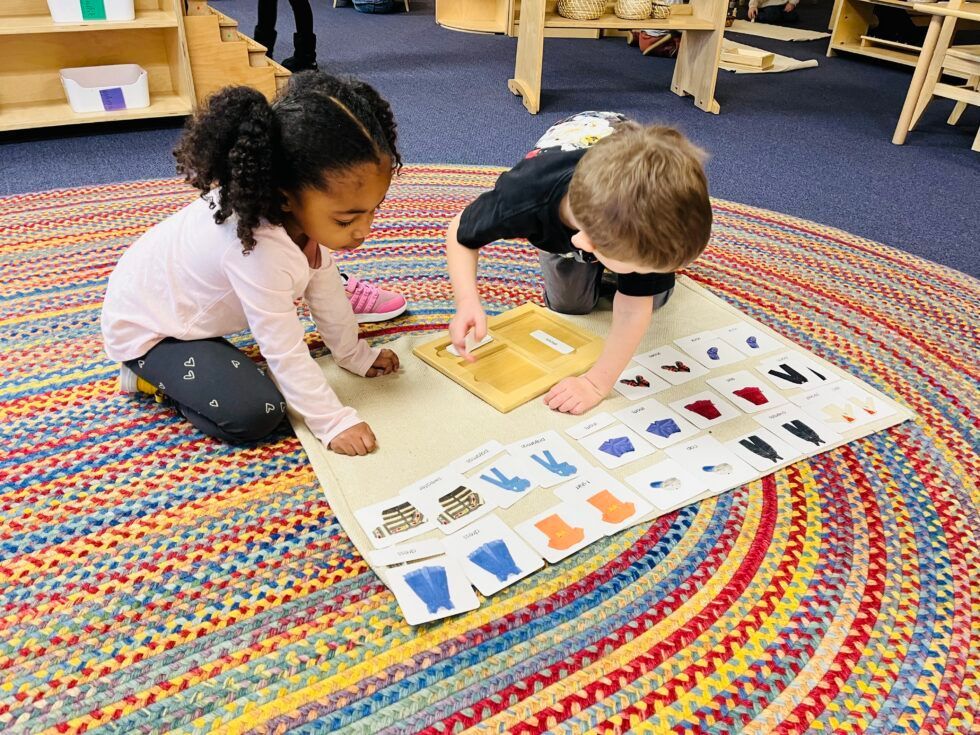
In Montessori, we focus on supporting children’s intellectual, emotional, social, and academic growth. A scientist first and foremost, Dr. Maria Montessori was interested in creating optimal learning environments so that young humans could reach their potential with as few adult-created obstacles as possible.
Thus, in Montessori, we think differently about the role of the adult and even how learning materials are used. One of the adults’ roles, for example, is to put children in touch with activities so that children can learn through doing. With this experiential approach, children can use their hands, engage through movement, and even make mistakes. The adults are not the dispenser of information or even the right answers. Rather, we help children learn how to learn, which includes understanding themselves as learners, figuring out how to use failure as a starting place for growth, and exploring the process as much as coming to an end product.
To achieve this, the Montessori method has a very intricate approach that relies on providing children with building blocks over the course of their educational journey. Montessori guides engage in an individualized, long-term process of introducing children to a series of skills and information, all to help children experience ah-ha moments. We know that when children discover something for themselves, they own that information deeply. Sometimes we’ve seen children feel like they are the first discoverers of a new piece of knowledge, a linguistic tool, or a mathematical trick.
One of the gifts of a Montessori education is that children have the opportunity to discover so much in their own way and in their own time. Rather than rote learning or memorization, children are given the chance to make connections. Through multiple learning experiences, these connections become interconnections that create complex neural pathways that often show up later in life. There is a reason why Andrew McAfee, a MIT research scientist and author of The Geek Way describes Maria Montessori as “the patron saint of geeks” and refers to his own Montessori education as a “great gift.” In his books he describes how a number of notable former Montessori students have gone on to become business innovators and leaders of successful companies that eschew traditional hierarchical structures and rigidity. Instead, they are reimagining their companies using the same principles that Montessori used in creating her schools.
If this process of discovery isn’t happening for some reason, Montessori guides are trained (and the materials are designed) to provide scaffolding so that children can still build upon prior knowledge and make progress toward mastery. Even so, sometimes extra support is needed and when this is the case, collaboration is key. Montessori works most effectively when there is a strong alignment between home and school. So, if a child needs some additional help or outside services, we work to coordinate with a tutor or support person so that everyone is working in alignment.
If you ever want to show your child a shortcut or introduce some outside-of-school practice, we request that you take a moment to check in with your child’s classroom teacher. It might just be that your child is on the brink of discovery. They could be at the culmination of years of carefully designed preparation. They might be just about to make an important connection or realize a significant insight. And when someone is on the edge of understanding, it is a tremendous gift to allow them to have their moment! We thank you in advance for appreciating the intricacy of our approach and for connecting directly with us if you want to explore how to support your child(ren)’s learning. And of course, if you are interested in more about what happens when children can discover the process for themselves, we’d love to show you! Schedule a tour to see how Montessori students own their knowledge in powerful and profound ways.
